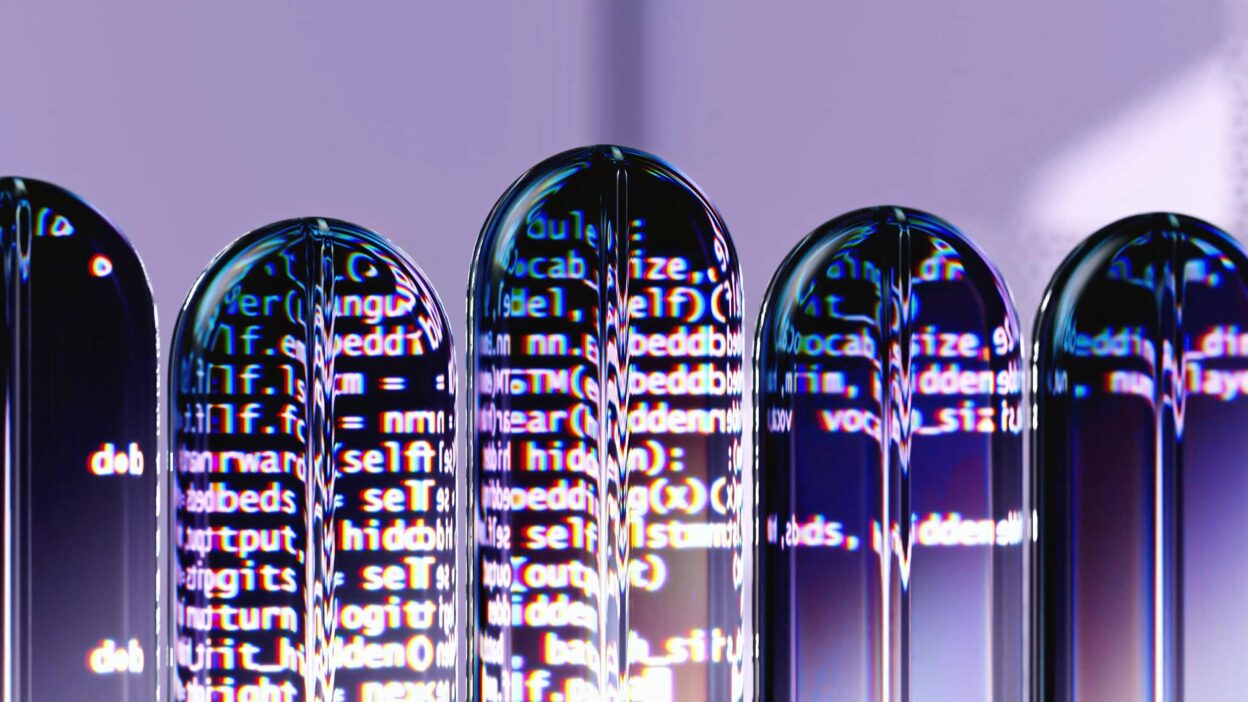Artificial Intelligence is reshaping the future of pharmaceuticals.
The Era of AI-Driven Drug Discovery
Artificial Intelligence (AI) is no longer just a buzzword; it is a groundbreaking force reshaping industries, as large and complex as pharmaceuticals. In drug discovery, AI is unlocking new possibilities, driving efficiency, and boosting success rates. With its ability to analyze endless datasets, identify patterns, and streamline processes, AI is transforming how new therapies are developed, tested, and delivered.
The numbers tell a compelling story: the global market for AI in drug discovery is projected to take off from $1.5 billion in 2023 to $9.1 billion by 2030, reflecting a massive compound annual growth rate (CAGR) of 29.7%, according to Grand View Research. This rapid growth underscores AI’s potential to revolutionize healthcare and meet the growing demand for innovative treatments.
Why AI Matters in Drug Discovery
Traditional drug discovery methods are faced with challenges—they are time-consuming, costly, and often lead to inconsistent results. By contrast, AI-powered tools, including machine learning (ML) and natural language processing (NLP), bring precision and speed to the table. These technologies are capable of:
- Analyzing complex datasets to identify drug efficacy and toxicity.
- Predicting drug-protein interactions using advanced models such as “DeepMind’s AlphaFold”.
- Accelerating the design of novel compounds with desirable therapeutic properties.
AI also addresses key pharmaceutical challenges, such as predicting drug–drug interactions, enabling personalized medicine, and expanding the scope of target identification. For example, deep learning (DL) and molecular dynamics (MD) simulations allow researchers to design drugs more effectively than ever before. The result? A faster, more reliable discovery of life-saving treatments.
AI’s Impact on Clinical Trials and Drug Development
Perhaps the most significant impact is AI’s clinical trial success rates. For AI-discovered drugs, Phase I trials boast success rates of 80% to 90%, far exceeding the previous industry average of 40% to 65%, as reported by Drug Discovery and Development. The numbers speak for themselves: of the 158 drug candidates developed by AI-intensive companies in 2022 (Nature), many are making significant strides in addressing critical health issues, from cancer to Alzheimer’s disease.
The U.S. Food and Drug Administration (FDA) has noted the growing adoption of AI in drug submissions. In 2021 alone, the FDA received 132 submissions incorporating AI and machine learning components, a clear indicator of AI’s growing role in pharmaceutical innovation.
Challenges and Ethical Considerations
While AI promises immense benefits, it also comes with challenges. Limited access to high-quality data, potential biases in algorithms, and ethical concerns regarding transparency and fairness must be addressed. The pharmaceutical industry must ensure:
- The protection of patient privacy.
- The development of unbiased, accurate AI algorithms.
- Ethical adoption to prevent inequality or job displacement.
AI is not here to replace human expertise but to complement it. By combining human ingenuity with machine precision, the industry can maximize innovation while maintaining ethical standards.
The FDA’s Role in Shaping an AI-Driven Future
The U.S. FDA’s Center for Drug Evaluation and Research (CDER) is playing a pivotal role in integrating AI into drug development. As part of its mission, CDER is committed to ensuring the safe and effective use of AI while fostering innovation. Key initiatives include:
- Draft guidance on AI integration in regulatory decision-making.
- The establishment of the CDER AI Council to oversee AI-related activities.
- A focus on educating regulatory staff about AI capabilities and applications.
CDER is also addressing federal mandates, such as Executive Order 14110 and the Office of Management and Budget’s AI governance memorandum, to promote safe and trustworthy AI adoption. Its efforts extend to advancing internal AI capabilities, ensuring consistency in AI-related evaluations, and aligning with broader FDA and Health and Human Services (HHS) goals.
The Path Forward
AI’s integration into drug discovery is not just an evolution; it is a revolution. By tackling inefficiencies in traditional methods and introducing cutting-edge technologies, AI is poised to deliver life-saving drugs faster, cheaper, and more effectively. By 2030, the pharmaceutical landscape will be unrecognizable, with AI leading the charge in improving healthcare accessibility and enabling personalized therapies.
However, the journey remains ongoing. Addressing ethical concerns, ensuring data transparency, and fostering collaboration between AI developers and pharmaceutical scientists will be key to unlocking AI’s full potential. As AI continues to mature, it offers the promise of a healthier, more innovative future for humanity.
Conclusion
Artificial intelligence is reshaping drug discovery, offering unprecedented opportunities to innovate and save lives. From reducing development times to improving drug candidate identification, AI is transforming every stage of the pharmaceutical pipeline.





